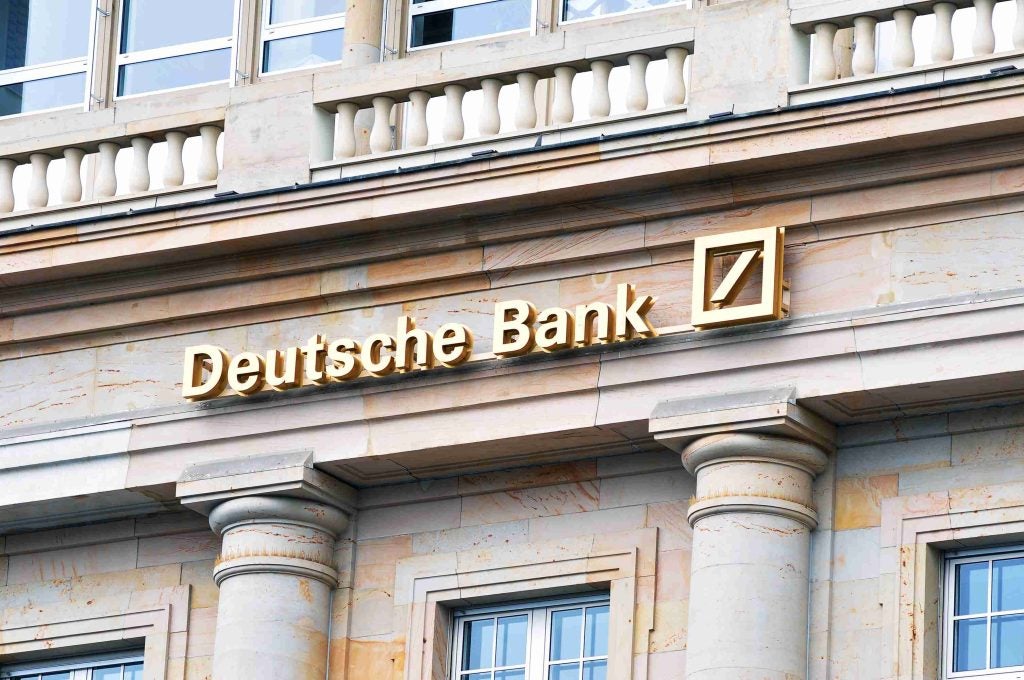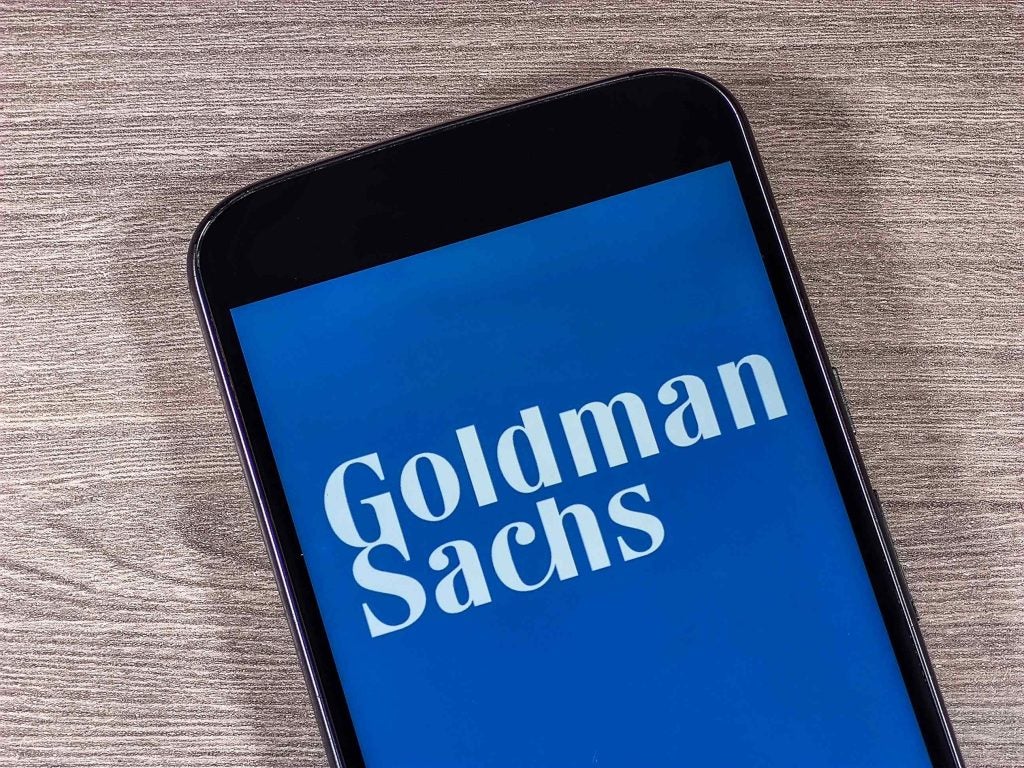Bristol-based Hargreaves Lansdown has launched a legal challenge against HM Revenue and Customs (HMRC) decision to tax investors on rebates of fund fees.
The company said if it’s legal challenge is successful, it will continue to pay rebates, net of any provision for an income tax and would add the provision back into client accounts.
The tax came into force in April after the HMRC ruled that the rebates were annual payments and should therefore be taxed as income from the new tax year April 6.
It means that basic-rate tax, of 20%, will be deducted from the bonuses at source and higher-rate taxpayers will need to declare and pay additional amounts on annual self-assessment forms.
Hargreaves said that its legal action, which argues that the tax penalises investors, is expected to last many months.
Hargreaves has warned that the new tax regime could set a precedent for taxing other cash back schemes used for things like credit cards and consumer goods.
How well do you really know your competitors?
Access the most comprehensive Company Profiles on the market, powered by GlobalData. Save hours of research. Gain competitive edge.

Thank you!
Your download email will arrive shortly
Not ready to buy yet? Download a free sample
We are confident about the unique quality of our Company Profiles. However, we want you to make the most beneficial decision for your business, so we offer a free sample that you can download by submitting the below form
By GlobalDataIan Gorham, chief executive of Hargreaves Lansdown, said: "The introduction of the tax was extremely disappointing news and an attack on the small investor. The ‘discount tax’ is anti-competitive. Loyalty bonuses have been hugely popular with investors and helped them save money on investing in their favourite funds.
"We have saved investors over £1bn in the form of discounts and loyalty bonuses, helping clients benefit from lower costs.It is money that has gone straight to the investor without any need for it to be declared on a tax return or shared with HMRC."
"While the amounts at stake here are small for most investors we estimate less than £10 per annum for the majority of investors we remain committed to getting the very best for our clients and will continue to offer them the best value for money possible," added Gorham.
The payments are made because fund supermarkets receive a commission, typically 0.5% year from the investment companies that operate the funds. The commission will cover the cost of advice even though these fund-selling websites do not give personal advice.







